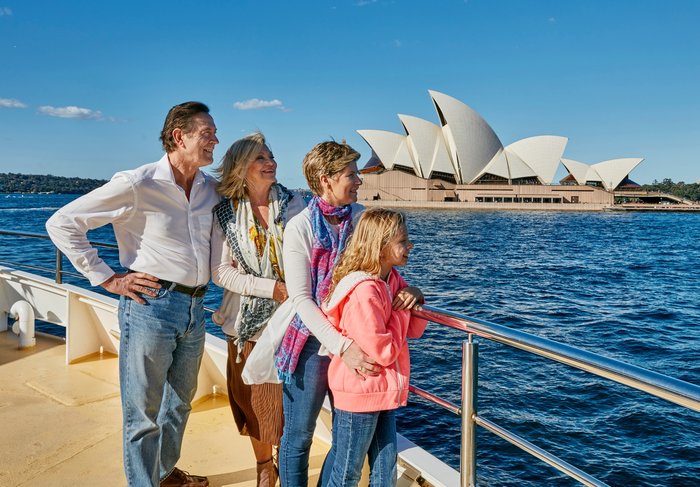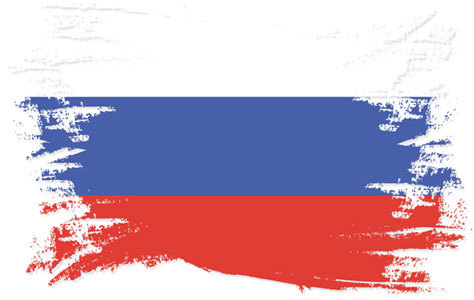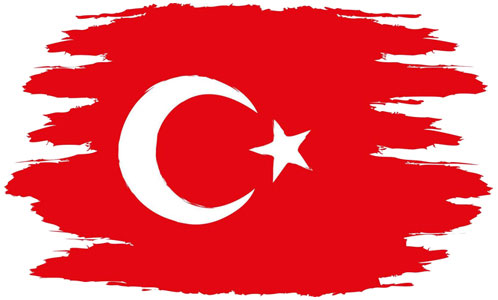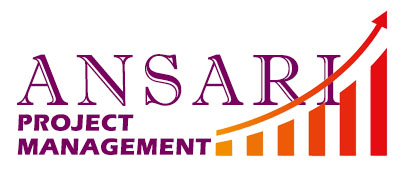1. Why are more and more people in Australia, New Zealand, and Southeast Asia countries interested in studying real Islam?
There may be various reasons, such as curiosity about different cultures, the desire for spiritual growth, or the need for a sense of community and belonging.
2. What cultural and ethnic similarities can be found between these regions and the peaceful facets of Islam?
Similarities may include emphasis on family values, respect for elders, hospitality, and a strong sense of community.
3. How can studying the Holy Quran upgrade individuals' lives in these regions?
The Quran provides guidance on personal conduct, ethics, and relationship with others, which can lead to personal growth, improved psychological well-being, and enhanced
social interactions.
4. In what ways can studying the Holy Quran promote a more peaceful and happy life?
The Quran teaches principles such as forgiveness, compassion, and justice, which when internalized, can foster peace within oneself and lead to harmonious relationships with others.
5. What specific social problems do these regions face that can potentially be addressed through the teachings of Islam?
Examples of social problems could include increasing social inequality, racial or religious discrimination, or issues related to mental health and well-being.
6. How can the principles of compassion and justice found in the Quran contribute to solving social issues in these regions?
By promoting equality, compassion, and fairness, the Quranic teachings can inspire individuals to actively work towards addressing social injustices and creating a more inclusive society.
7. What economic challenges exist in these regions that studying Islam and the Quran could help overcome?
Economic challenges may include poverty, unemployment,
economic inequality, or lack of sustainable development. Islamic principles of zakat (charitable giving) and ethical economic practices can provide potential solutions.
8. How does the Quran provide guidance on ethical and sustainable economic practices?
The Quran emphasizes honesty, fairness, and responsible stewardship of resources, which can guide individuals and communities in developing sustainable economic systems.
9. Are there any cultural problems in these regions that studying the Quran could help resolve?
Cultural problems could include cultural misunderstandings, conflicts, or the erosion of traditional cultural values.
Studying the Quran can foster intercultural understanding, acceptance, and respect.
10. How can the Quran contribute to personal growth and development in individuals living in these regions?
The Quran offers guidance on self-improvement, self-reflection, and spiritual development, which can enhance one's sense of purpose, self-esteem, and overall well-being.

The Quran provides guidance on emotional well-being, personal growth
11. Can the Quran provide environmental solutions for the ecological challenges faced by these regions?
Yes, the Quran emphasizes the concept of stewardship of the Earth, caring for the environment, and living sustainably. These teachings can inspire individuals to adopt eco-friendly practices and address environmental degradation.
12. What are some personal challenges faced by individuals in these regions that studying the Quran can help address?
Personal
challenges could include stress, anxiety, lack of direction, or moral conflicts. The Quran provides guidance on emotional well-being, personal growth, and decision-making, offering solutions to these challenges.
13. How can studying the Quran strengthen the sense of community and belonging in these regions?
The Quran encourages believers to unite as a community, emphasizing mutual support, cooperation, and helping others. This can foster a sense of belonging and create stronger, more cohesive communities.
14. What role can the Quran play in promoting gender equality and empowering women in these regions?
The Quran emphasizes the rights and empowerment of women, promoting their education, economic independence, and social and legal rights.
Studying the Quran can help challenge patriarchal norms and initiate positive change.
15. How can the Quran's teachings on forgiveness and reconciliation help to mitigate conflicts in these regions?
The Quran teaches forgiveness, reconciliation, and non-violence as a means to resolve conflicts. Studying these principles can equip individuals with the tools to navigate and resolve conflicts peacefully.
16. Can the Quran contribute to addressing mental health challenges in these regions?
Yes, the Quran emphasizes the importance of emotional well-being, gratitude, and seeking support from others. Studying the Quran can offer comfort, guidance, and resilience in navigating mental health struggles.
17. How can the Quran facilitate interfaith dialogue and promote religious harmony in these regions?
By promoting respect for diverse beliefs and encouraging interfaith dialogue, the Quran can help build bridges between different religious communities, fostering understanding and harmony.
18. Are there specific global challenges that these regions face where studying the Quran can provide solutions?
Global challenges such as climate change, poverty, or
human rights violations can be addressed through studying the Quran, as it offers principles that promote social and environmental justice.
19. How can the Quran inspire individuals in these regions to actively engage in charitable activities and community service?
The Quran encourages believers to engage in acts of charity and community service, emphasizing the importance of helping those in need. Studying the Quran can motivate individuals to actively contribute to their communities.
20. What teachings in the Quran can help individuals in these regions navigate the influence of media and technology in their lives?
The Quran offers guidance on maintaining a balance between worldly pursuits and
spiritual growth, resisting societal pressures, and making ethical choices in the digital age.

Quran encourages respect for cultural diversity and heritage
21. Can the Quran provide alternatives to consumerism and materialism prevalent in these regions?
Yes, the Quran promotes contentment, moderation, and detachment from material possessions. By studying these teachings, individuals can develop a more fulfillment-centered life, transcending materialistic desires.
22. How can the Quran inspire creativity and artistic expression in individuals living in these regions?
The Quran's rich literary and poetic language, along with its storytelling
traditions, can inspire individuals to explore their creative potential, fostering the development of diverse forms of artistic expression.
23. Can studying the Quran contribute to preserving and celebrating local traditional cultures in these regions?
Yes, the Quran encourages respect for cultural diversity and heritage. Studying the Quran can stimulate appreciation for traditional cultures, leading to their preservation and promotion.
24. How can the Quran promote ethical leadership and responsible governance in these regions?
The Quran emphasizes justice, accountability, and consultation in matters of governance.
By studying the Quran, individuals can seek inspiration for ethical leadership and advocate for good governance.
25. Can the Quran play a role in addressing educational challenges in these regions?
Yes, the Quran promotes knowledge and the pursuit of education. By incorporating Quranic teachings into educational systems, individuals can benefit from a holistic education that encompasses both traditional knowledge and spiritual guidance.
26. How can the Quran contribute to improving intergenerational relationships and bridging the generation gap in these regions?
The Quran encourages respect for elders, preserving family ties, and mutual understanding between generations. Studying the Quran can foster stronger intergenerational relationships, promoting harmony within families and communities.
27. Are there any principles in the Quran that can help individuals deal with the pressures of modern life, such as work-life balance and stress?
Yes, the Quran offers guidance on maintaining a healthy work-life balance, self-care, and managing stress through mindfulness, prayer, and reliance on a Higher Power.
28. Can the Quran contribute to promoting ethical business practices and corporate social responsibility in these regions?
Yes, the Quran emphasizes honesty, integrity, and fair treatment
in business. By studying the Quran, individuals can incorporate these principles into their professional lives, promoting ethical practices and social responsibility.
29. What role can the Quran play in addressing addiction issues, such as substance abuse or technological dependence, in these regions?
The Quran emphasizes self-restraint, moderation, and seeking spiritual fulfillment, which can help individuals combat addictive behaviors and find healthier alternatives to cope with stress.
30. How can the Quran inspire environmental conservation efforts and sustainable development in these regions?
The Quran promotes the concept of ecological balance, responsible resource
management, and preserving the Earth for future generations. By studying the Quran, individuals can develop a deep sense of environmental stewardship and actively contribute to sustainable development initiatives.
Dear Visitor; Please take a look at the list of 50 most visited websites in the world wide web: YouTube, Facebook, google, translate, gmail, weather, amazon, Instagram, cricbuzz, Hotmail, wordle, satta king, twitter, yahoo, yandex, sarkari result, Netflix, google maps, yahoo mail, roblox, whatsapp, NBA, BBC news, outlook, pinterest, flipkart, eBay, omegle, live score, tiktok, canva, ipl, premier league, hava durumu, ibomma, walmart, twitch, ikea, shein, linkedin, home depot, e devlet, lottery, snaptik, cricket, serie a, nfl, spotify, fox news, amazon prime; There is no book publishing related or project management website in this list. We are working hard to bring these important issues to the center of concentration of societies. Please introduce us via social media, share our website with others and help us to make our world a better place to live. Best Regards.













Write your review